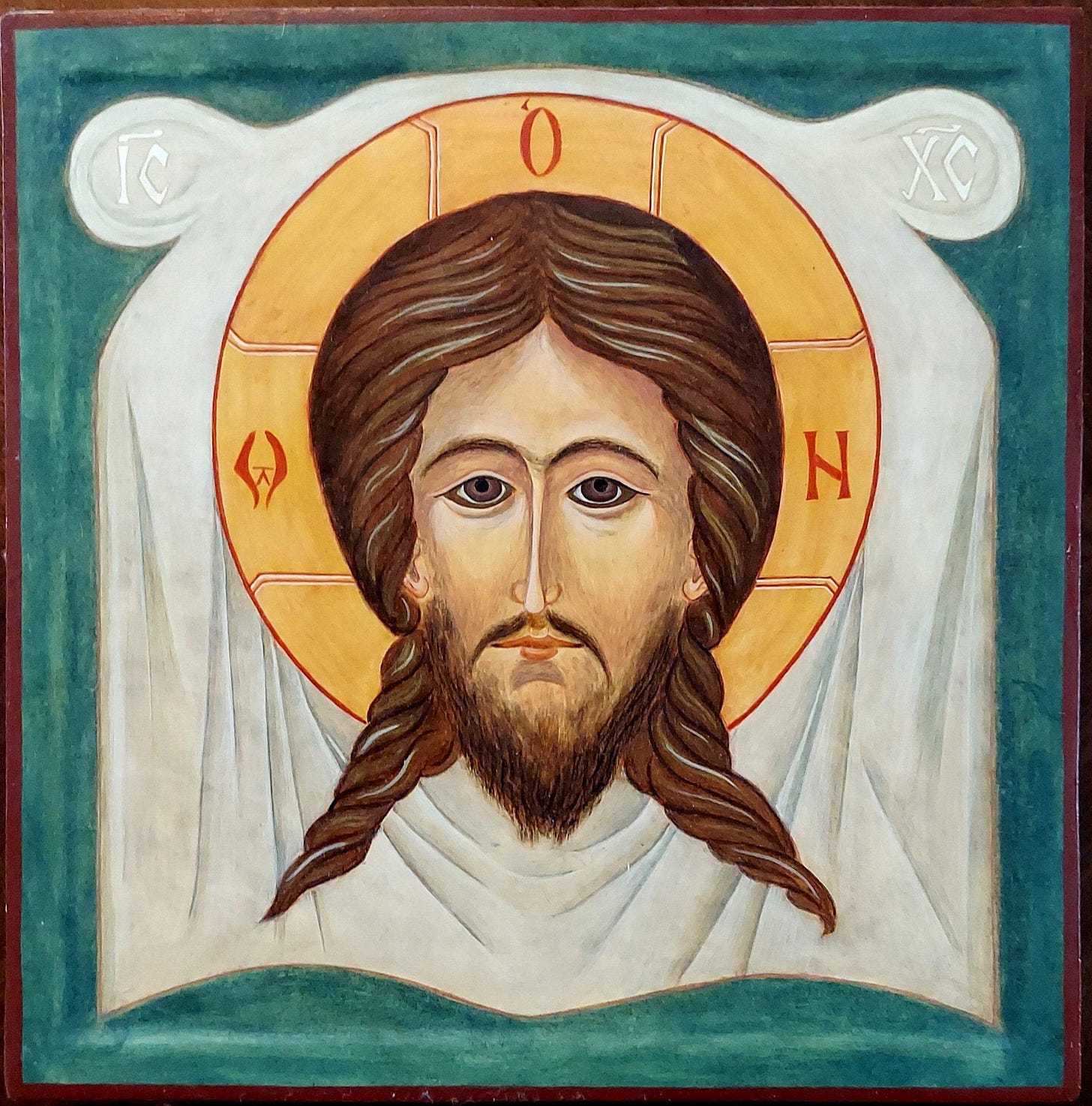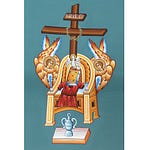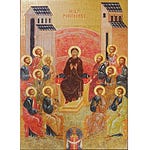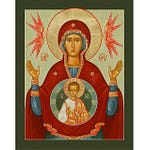We ask God in our Collect today to “make us to have a perpetual fear and love of Thy holy Name.” It bears exploring what “perpetual fear and love” refers to, what exactly the Church is talking about with these terms. This will be the theme of my preaching for the next number of weeks.
Today, we hear our Lord speak a parable about the Kingdom of God. And, like all of Our Lord’s parables, what we hear today is a bit odd. Why does He speak in this way? The parable was to a man who said, “Blessed is everyone who will eat bread in the kingdom of God.” Why, to that statement, which seems innocent enough, does Jesus respond the way He did? He seems to be cryptically calling out those who make excuses as to why they do not worship in the right way; those who make excuses as to why they do not attend and participate in the worship of God. The man giving the banquet really wants people to attend it; hence after hearing the excuses, he commands his servant to go out quickly to bring the poor and crippled and blind and lame, even those on the highways and hedges. But the question remains: why, exactly, does Jesus Christ convey His message using a parable–why not speak straightforwardly?
Even in our Epistle today, from Saint John the Apostle and Evangelist, we hear a message that is similarly not straightforward. For example, Saint John writes: “We know that we have passed out of death into life, because we love the brothers.” If we are alive right now, and we are, then what does it mean to pass out of death? John says we have passed out of death into life. And his proof is that we love the brothers. Yet who of us would easily say to one another, even to other Christians, you know, last week, I passed out of death. No really, I did! And let me say: I love you, man. I am saying this not to undermine the teachings of this great Saint, but rather to bring to the forefront the strangeness of biblical language. So in these two passages (from Saint Luke and Saint John) odd teachings abound. Odd phrasings, strange implications. And truth be told, we can find this kind of obscurity on most if not all of the pages of the books of the Bible. Why does Jesus, and why do the sacred writers of the Bible speak in this way?
The reason is that Christianity is a revealed religion. The truth that we know, is always truth that is revealed. The Holy Spirit operates to reveal Truth to us. Through the Holy Spirit, Christ is revealed. And then through Christ, and only through Christ, the Father is revealed. One 20th century English theologian wrote about this in these words: “God has revealed Himself in Christ, yet He remains a mystery beyond our understanding. We know Him truly, but never fully.” The key word is mystery. It seems that because God’s revelation of Himself in Christ itself is a mystery, the biblical language, the words from Jesus, Saint John, and the rest share this quality of mystery. As Saint Paul wrote to Saint Timothy: “Great indeed, we confess, is the mystery of our religion: He was manifested in the flesh, vindicated in the Spirit, seen by angels, preached among the nations, believed on in the world, taken up in glory.”
Saint John writes today: “God is greater than our heart, and he knows everything.” The term for God knowing everything is His “omniscence.” For Him being all-powerful: His “omnipotence.” For Him being beyond our understanding: His “incomprehensibility.” Yet again this English theologian: “Our theological language is always inadequate, a mere shadow of the reality it seeks to express. To speak of God is to point to a mystery that transcends all words.”
This goes some way to explain why our Lord speaks in parables, why He and the biblical writers speak mysteriously. They are trying to convey Reality which is omniscient, incomprehensible, and omnipotent. Recognizing the fundamental mystery of God throws us into fear. And fear, as we hear in the Psalms, is the beginning of wisdom. And fear (holy fear) comes from recognizing God’s mystery. Knowing God means knowing His mystery, including His mystery as revealed in Christ, certainly the mystery of Christ Himself, as well as the mystery of the Holy Ghost proceeding from the Father.
We must never treat God as another piece of information, or a problem we can solve by constructing a system. We must possess fear to know God rightly, and see Him as a source of inexhaustible wonder, awe, and trembling. And furthermore, we must love that our God is a God of mystery. He is more affectionate than any friend, more just than any rule, more loving than any father, more a part of us than our own limbs, more necessary to us than our own heart, according to the 14th century Church Father S. Nicholas Cabasilas. We must recognize Who is inviting us to the great banquet, and this we can know only through fear, which is the beginning of wisdom, and the beginning of which itself is mystery. May we have a perpetual fear and love of the holy Name of Jesus Christ our Lord and Savior, Who lives and reigns with the Father in the unity of the Holy Ghost, ever one God, world without end. Amen.











Share this post